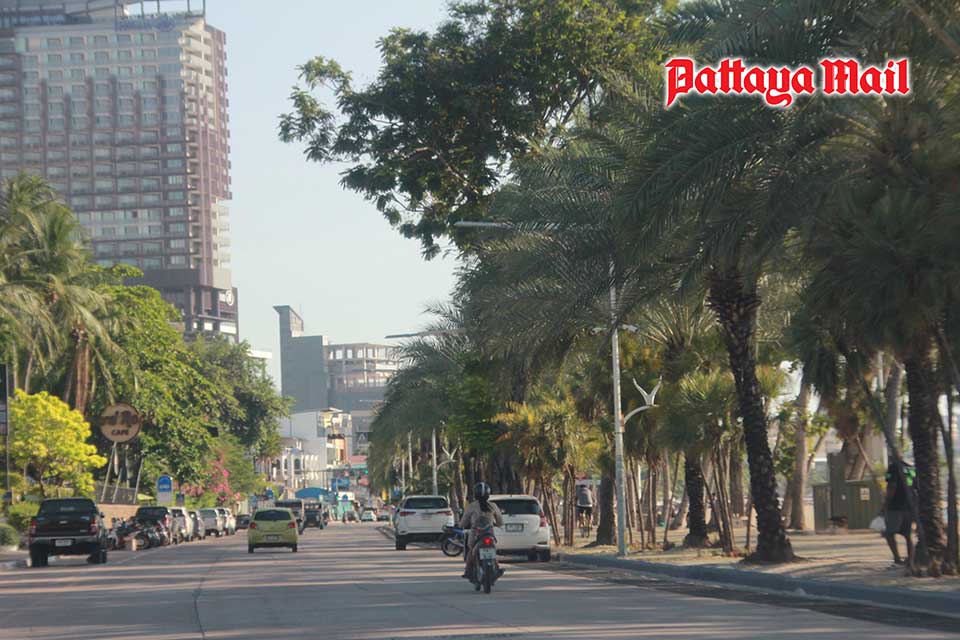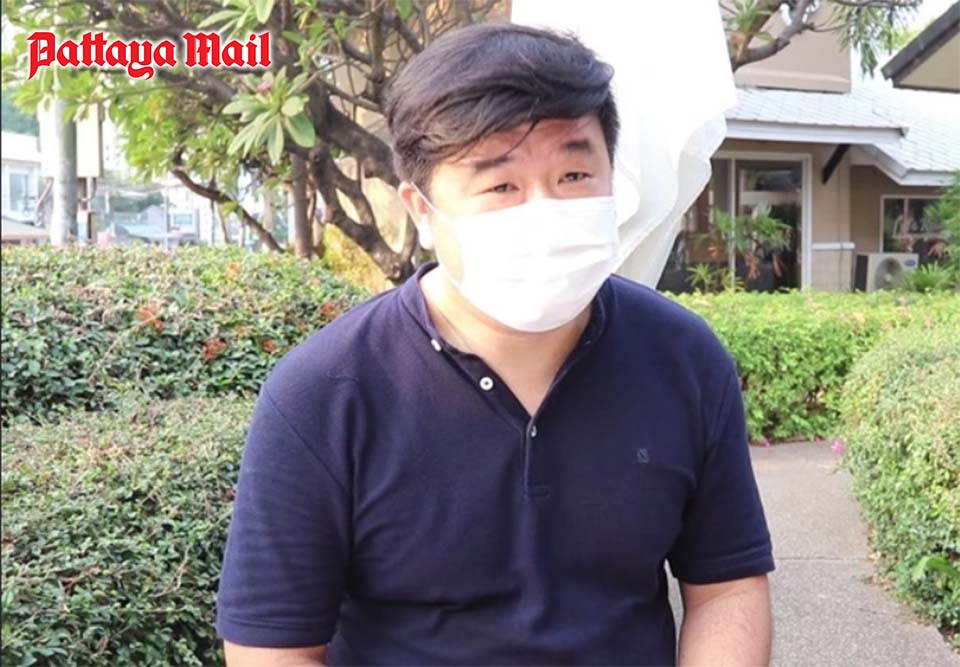
Pattaya hotels are closing down again amid expectations occupancy rates will remain in single digits through May.
Thai Hotels Association President Marisa Sukosol Nonpakdee said April 23 that the latest coronavirus outbreak has affected not only room rentals, but hotel restaurants and conference centers. Only hotels with strong financial foundations or those getting financial support from parent companies will be able to survive, she said.
Hotel operators had expected to parlay a relatively strong Songkran into a solid May and limp into the fall when foreign tourism is expected to resume. But the third wave has wiped out any chance to make money this spring, Marisa said.
THA said fewer than half the hotels in tourist destinations nationwide are open for business with many of those considering closing until October. Marisa said that will only fuel the tourism sector’s unemployment crisis.
Currently, 45 percent of hotel employees are jobless, the THA and Bank of Thailand reported.

Marisa said the only hope for tourists and hotels is a coronavirus vaccine. The government must commit to investing in an adequate amount of vaccines for “herd immunity”, or about 70% of the population, as soon as possible to gain foreigners’ trust to travel to Thailand.
Apart from vaccinations, the THA is urging the government to press on with plans to open Phuket in July to vaccinated tourists without them having to endure quarantine, and expand that to five other provinces in October.
If that schedule is postponed, it will definitely impact the country’s economic recovery, she said.
Covid-19 prevention and management are very important, but economic stimulation is important as well, Marisa said.
The 3rd Covid-19 wave has affected all supply chains in the tourism industry, including hotels, airlines, tour companies, restaurants, transportations, and more.

It can be seen from the lack of bookings for the increase in domestic routes; for instance, flight operations from Bangkok to tourist cities. Tour companies prepared and offered domestic packages, but not many were purchased. Meanwhile, transportation, including buses and vans, started fixing and checking vehicles to provide services again.
Then the current situation made all entrepreneurs hopeless and they have no idea how to adjust, Marisa said.
Kongsak Kupongsakorn, president of THA’s Southern Chapter, said that about 200-300 hotels, a total of 15,000 rooms, are open in Phuket. Bookings after Songkran are at 20-30 percent of capacity for holidays and 5-10 percent on weekdays.
The new bookings are delayed because people will wait and see the province’s disease-control measures and the spread of the third Covid-19 wave. If the situation is not better, there will be no tourists. So, hotels will certainly temporarily close again.
The situation for hotels in Phuket has become serious because the third wave destroyed hope of gaining income during Songkran and school holidays. Bookings were cancelled or postponed. People hope that the government will continue their plan to provide vaccines to 400,000 people in Phuket to open the island for foreigners, which is only one way to create income for Phuket and Thailand, Kongsak said.
If the government cannot provide the vaccines and open Phuket, more small- and mid-sized hotels and related businesses will go out of business. Because most savings were spent for survival while some businesses already used all of their savings, he said.






